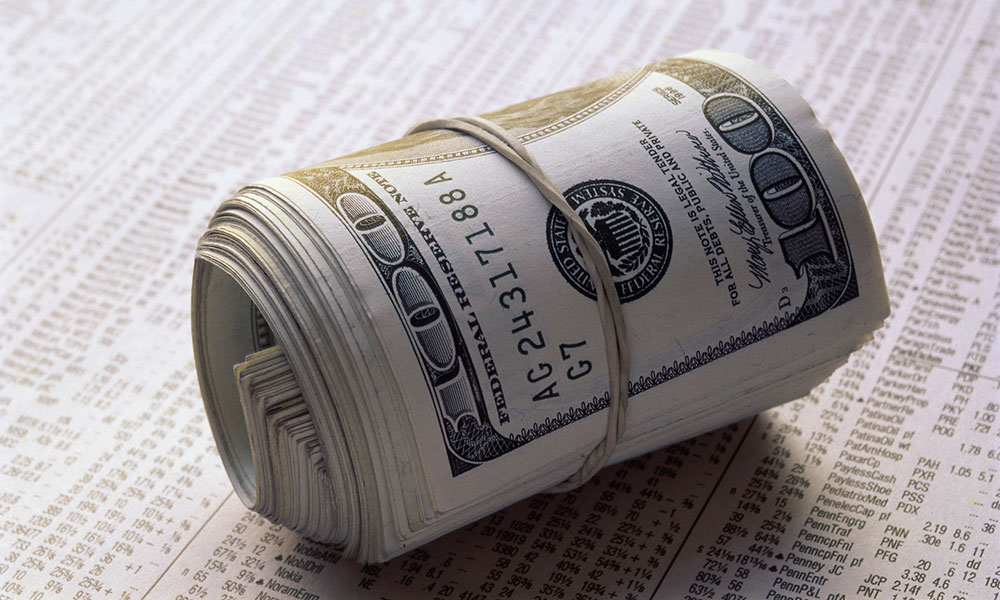
Watchdog Report Links Corporate Donations to Nonprofits
Just weeks after the SEC shelved a disclosure rule on corporate donations, an investigative report has linked $185 million in such funding to politically active nonprofits in part of 2012, with the vast majority going to trade groups.
Just weeks after the SEC shelved a proposed disclosure rule on corporate donations, an investigative report has linked $185 million in such funding to politically active nonprofits in part of 2012, with the vast majority going to trade groups.
It was a graphic that rekindled a debate.
The Center for Public Integrity (CPI), a nonprofit journalism organization that focuses on issues of ethics and political corruption, dug deep into funding of politically active nonprofits and came up with an investigative report it released last week along with an interactive database—an easy-to-scan graphical treatment that links funding sources to recipients. It shows some (but not all) of the donations that political nonprofits received throughout 2012.
Based on seven months’ worth of voluntary disclosures from the 300 largest corporations in the United States as ranked by Fortune, the nonpartisan watchdog organization found that at least $185 million went to politically active nonprofits during the campaign year, about 84 percent of it to trade groups such as the U.S. Chamber of Commerce, the American Beverage Association, and the Financial Services Roundtable.
The disclosures represent a small portion of the total given to 501(c)(6) and 501(c)(4) nonprofit groups. For example, the total listed for the Chamber of Commerce covers only $11.2 million of the $179 million in donations and grants it took in in 2012, according to a Chamber tax document. The Nuclear Energy Institute ($15.7 million) and the Edison Electric Institute ($11.5 million) were among the nonprofits with higher overall totals.
Even so, the U.S. Chamber of Commerce was the trade group most frequently named in public disclosure documents reviewed by CPI, with 62 appearances. However, the Blue Cross and Blue Shield Association received the highest single donation on the list: $16 million from Wellpoint, Inc.
Staying Transparent
While many trade groups, including the Chamber of Commerce, have opposed mandatory disclosure of their funding sources, the CPI report suggests that some corporations are open to voluntarily revealing where their contributions go. It cites nuclear plant operator Exelon Corp., which donated $26 million to political nonprofits, as a prime example. Exelon was one of only three corporations with more than $10 million in donations to politically active nonprofits to fully disclose its contributions.
“Exelon intends to be a leader in corporate governance, social responsibility, and corporate citizenship, and disclosure of political spending enhances our reputation for good governance and transparency,” the company’s spokesman, Paul Adams, told CPI.
Disclosure Drama
The report comes at a time when nonprofit funding has received increased scrutiny. For example, the Washington state attorney general filed a lawsuit against the Grocery Manufacturers Association last year over its failure to disclose funding sources for the political ads it ran while campaigning against an initiative there to require labeling of foods containing genetically engineered organisms, or GMOs. The association ended up disclosing its funding sources, but the lawsuit is ongoing as the attorney general pursues fines against the group. Last week, the association counter-sued, challenging the legality of the state’s campaign-finance laws.
At the federal level, regulatory progress on disclosure of such contributions remains stagnant. In December, the Securities and Exchange Commission appeared to shelve proposed regulations that, according to the Wall Street Journal, would have required public companies to disclose their political donations in full.
That move was championed by trade groups, which argued that campaign finance regulation should not be a function of the SEC, but it was criticized by some congressional Democrats and political watchdogs such as the Corporate Reform Coalition.
(Purestock/Thinkstock)






Comments